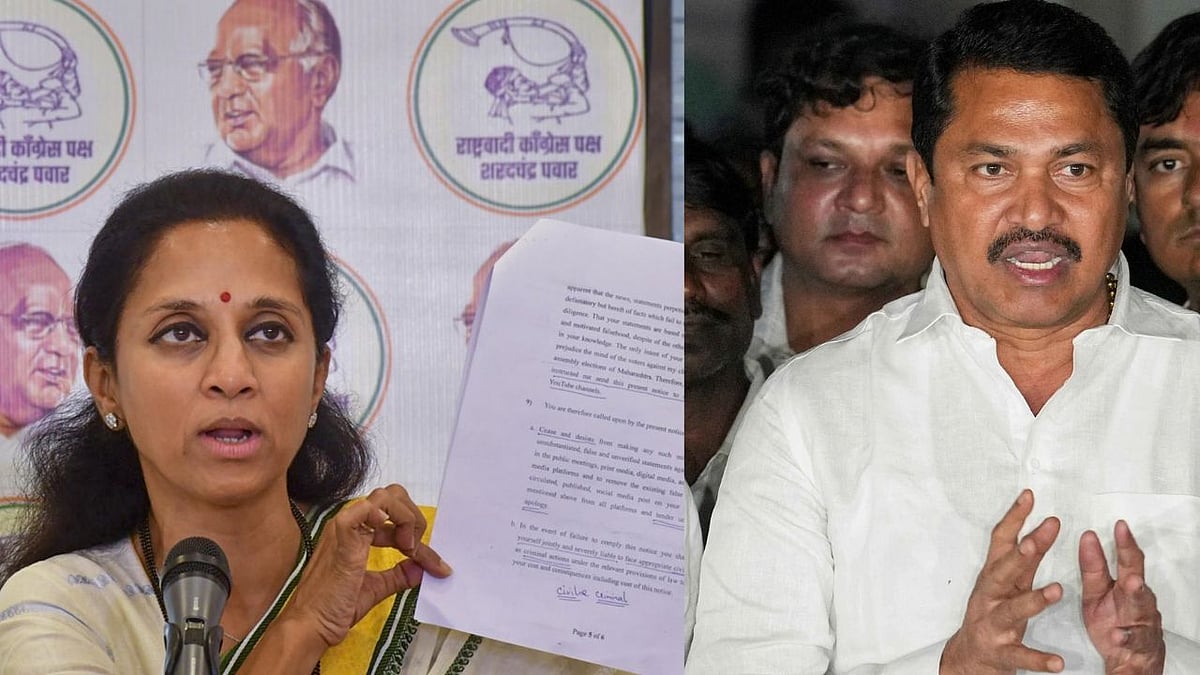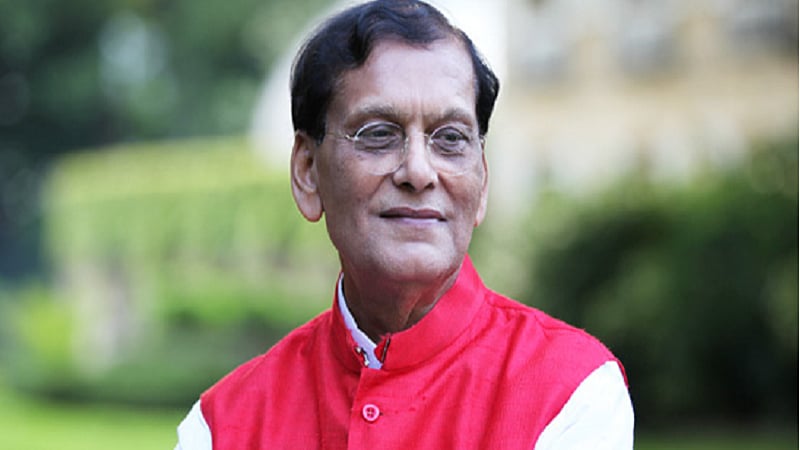Bindeshwar Pathak, the visionary behind Sulabh International and a prominent social activist known for his pioneering work in establishing public toilets, passed away on Tuesday at AIIMS Delhi following a cardiac arrest, as reported by a close associate.
80 years old Pathak had established Sulabh International, an Indian social service entity dedicated to advancing human rights, environmental sanitation, waste management, and educational reforms.
The associate mentioned that Pathak raised the national flag in the morning on the occasion of Independence Day and experienced a collapse shortly afterward.
He was swiftly taken to AIIMS Delhi, and a hospital insider reported that Pathak was pronounced dead upon arrival at 1.42 pm. The cause of his passing was attributed to cardiac arrest.
Dr. Bindeshwar Pathak hailed from the Brahmin family of Rampur Baghel village in Vaishali district, Bihar. His parents were Yogmaya Devi and Ramakant Pathak, a respected community member.
Upon completing his education, he briefly served as a teacher before becoming a volunteer with the Gandhi Centenary Committee in Patna. Interestingly, this path wasn't his initial plan. Originally, he aspired to pursue a master's degree in criminology from Sagar University in Madhya Pradesh. During his journey to Sagar, two individuals advised him to join the Gandhi Centenary Committee, citing good pay as a reason. Given his immediate need for financial resources, Pathak decided to follow their suggestion. Yet, upon reaching the committee, he discovered there were no available positions. Having missed the Sagar admission deadline, he chose to remain and contribute as a volunteer.
As stated on the Sulabh International Social Service Organisation website, Bindeshwar Pathak recounted, ‘One day, whilst working there I witnessed a harrowing incident. I saw a bull attacking a boy in a redshirt. When people rushed to save him, somebody yelled that he was untouchable. The crowd instantly abandoned him and left him to die.’ Pathak further elaborates, ‘this tragic and unjust incident had shaken my conscience to the core. That day, I took a vow to fulfil the dreams of Mahatma Gandhi, which is to fight for the rights of untouchables but also to champion the cause of human dignity and equality in my country and around the world. This became my mission.‘










